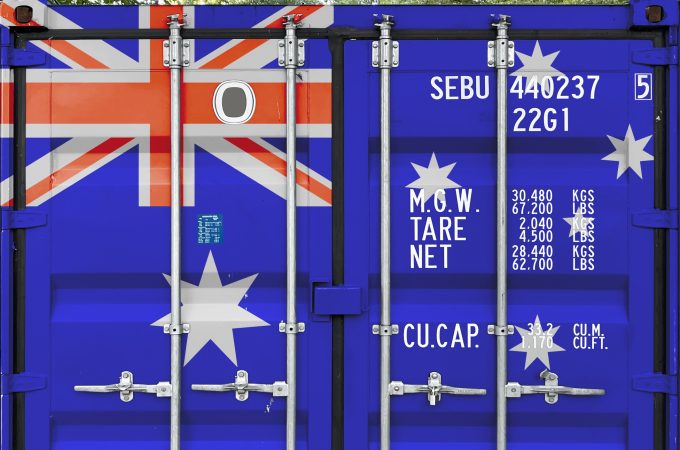Air traffic controllers' walkout closes Belgian airspace tomorrow
Strike-related airspace closure in Belgium means all flights will be cancelled at Liege and Brussels ...

As industrial action by an Australian dockworkers’ union against terminal operator Qube is set to end, trade association Shipping Australia (SAL) has called for reform so that “no single group, body, or entity has the power to hold the entire nation to ransom”.
The union campaign against Qube has been ongoing for months, with impacted ports including Brisbane, Kembla, Melbourne, Adelaide, Darwin and Fremantle.
The union said on Sunday that negotiations with Qube were progressing, but stoppages had been scheduled for ...
Maersk Air Cargo sees volumes fall as it aims for 'margin in favour of revenue'
Keep our news independent, by supporting The Loadstar
Container spot rates diverge: to Europe still falling, but firmer to the US
Hapag-Lloyd won't take bookings if port congestion leaves cargo stranded
Ecommerce likely the front-runner in resurge of transpacific trade after deal
Volume surge and an early peak season? 'Don't celebrate too soon,' warning
China-US trade tariff pause could drive a rebound for transpacific rates
Airfreight players eye new routes as demand on the transpacific nosedives
Service chaos from trade ban with India a problem for Pakistan shippers
Airfreight rates ex-China 'loss-making', but hopes of a trade deal stay high
Indian coastal freight attracts major carriers, but regional tension disrupts
Serious threat to jobs in US logistics as tariffs cause economic 'stagflation'


Comment on this article